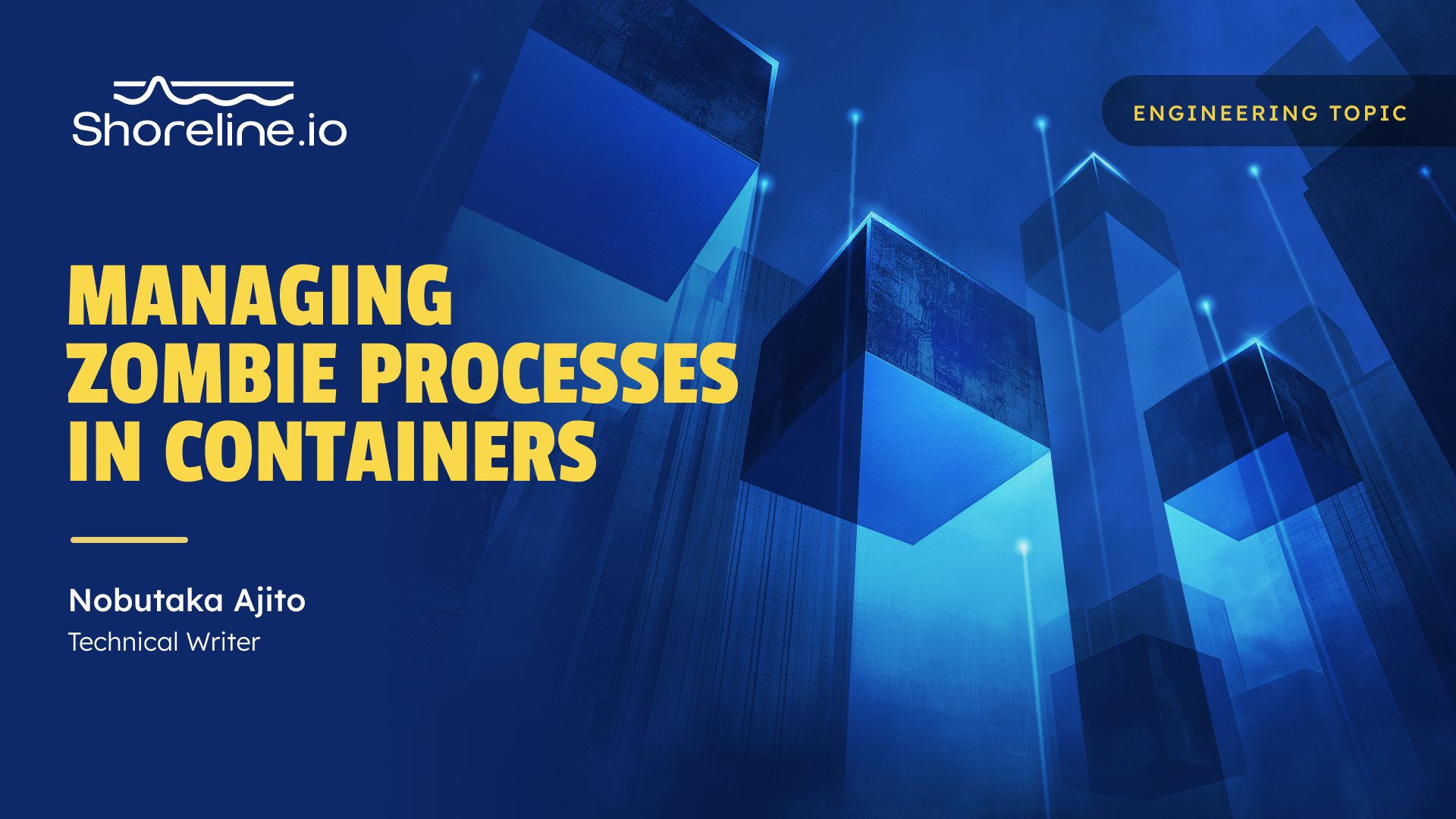Zombie Timeout Processes
In containerized environments, the main process assumes the critical responsibility of managing all subsidiary processes. However, inadequately designed main processes may fail to gracefully handle the reaping of child processes, leading to the creation of orphaned processes. These lingering processes persist as entries in the kernel process table, gradually consuming resources until the table is exhausted. Consequently, the kernel becomes incapable of initiating new processes within the container, jeopardizing its functionality.
The Challenge with BusyBox
BusyBox, a widely adopted toolbox for containers, exacerbates this issue with its inclusion of a faulty 'timeout' command. This command inadvertently spawns additional processes without proper cleanup mechanisms, resulting in the proliferation of zombie processes within the container environment.
Introducing Shoreline's Solution
To mitigate the risk posed by zombie processes, Shoreline offers a proactive approach. By encapsulating processes within a timeout mechanism, Shoreline prevents unused processes from unnecessarily draining system resources. However, this solution encounters a bottleneck when employed alongside BusyBox due to its flawed 'timeout' command implementation.
Recommended Course of Action
In light of BusyBox's limitations, the recommended strategy is to leverage more robust entrypoints for containers. Both ash and bash emerge as viable alternatives, offering built-in process reaping capabilities. Ash, being part of the BusyBox toolkit, presents a convenient solution for containers with BusyBox installed. On the other hand, bash, widely available across various container environments, serves as a reliable option for ensuring proper process management.
Exploring Alternative Solutions
For users seeking alternatives to ash or bash, several container-focused init-processes stand as viable options. Tools like 'tini,' 'monit,' and 's6' specialize in handling child process reaping efficiently. However, it's important to note that these solutions typically require explicit installation, potentially introducing additional complexity compared to the native support offered by ash or bash.
Conclusion
In container orchestration, effective process management is indispensable for maintaining system stability and performance. By adopting robust entrypoints or specialized init-processes, users can effectively address the challenge of zombie processes within containerized environments. Shoreline's commitment to enhancing container reliability underscores the importance of proactive solutions in mitigating operational risks.
